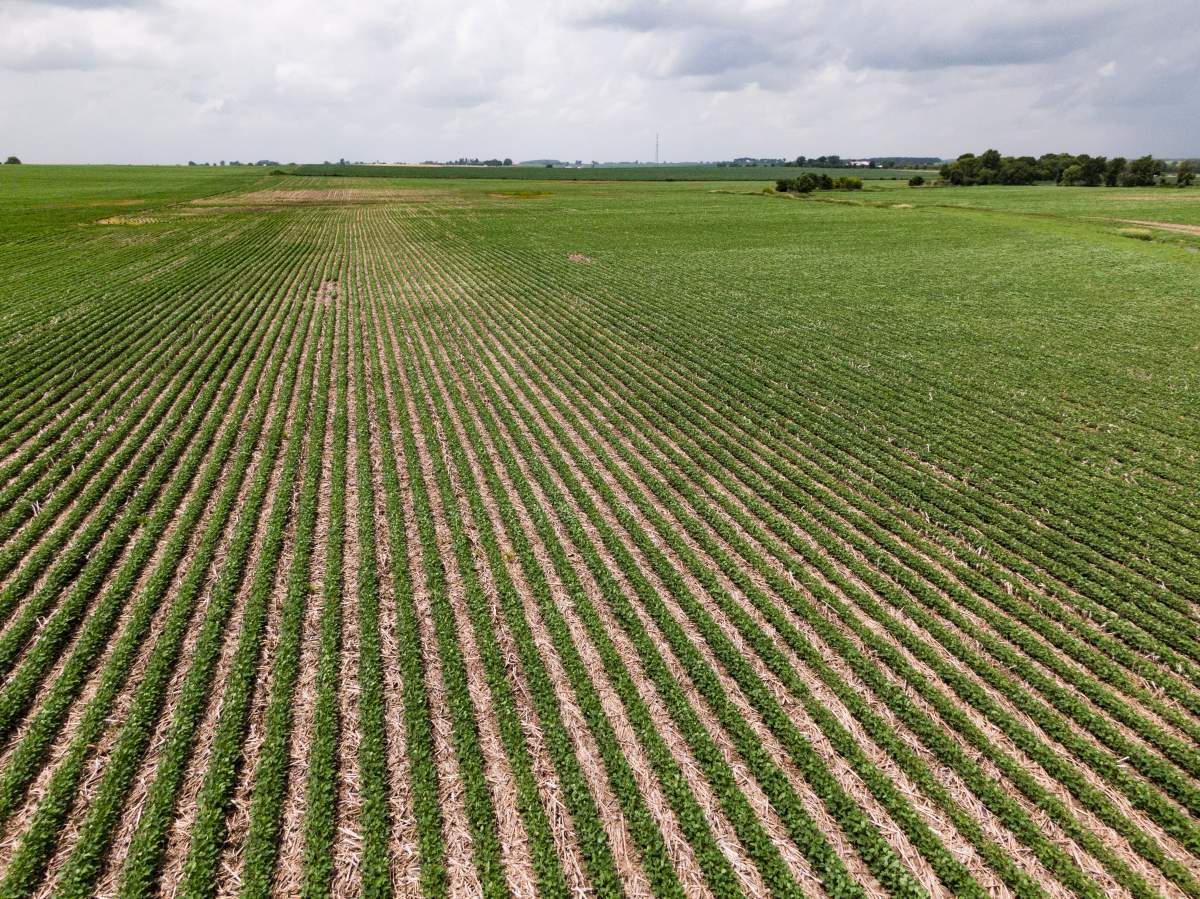A research study that has seen hundreds of coronavirus tests done at Hamilton’s homeless shelters is expanding to temporary farm workers in the region.

Dr. Tim O’Shea, an infectious disease doctor at McMaster University and a physician with the Hamilton Social Medicine Response Team (HamSMaRT), said the project has involved about 2,200 tests being administered to staff and residents in the city’s shelters over the past 11 weeks.
“It’s been going very well,” said O’Shea. “The lab at St. Joe’s has had the capacity to process more tests from the research side of things. And so we were looking for other potential groups to expand the study … looking again at people that might be at a high risk of acquiring a COVID infection.”
He said the idea of including migrant farm workers came up amid multiple outbreaks and the deaths of three workers at Ontario farms.
With the help of Hamilton public health, the project is working to overcome a few obstacles to getting the testing into area farms.
- Canadian immigration officers investigating hundreds identified by extortion task force
- Ottawa expects Ukrainian emergency visa holders to return after war ends
- As new EV rebate program starts, car dealers still seek past reimbursements
- China drops visa requirement for Canadian tourists, business visitors
O’Shea said that includes ensuring there are people on the team who can speak Spanish, as well as ensuring that the workers are protected and know their rights.

Get daily National news
“Both from the sense of this being entirely voluntary, and them being able to say yes or no to the testing, as well as thinking through the implications of a positive test — both for the farmers and their business operations — but more importantly from our perspective, the farm workers and their health and rights as well.”
There are only about 450 temporary workers on Hamilton-area farms at this time of the year, which means O’Shea doesn’t anticipate doing as much testing on farms as they have been doing in shelters.
“In reaching out to farmers just on a preliminary basis, I don’t anticipate that we’ll have as much buy-in from the farms as we have from the shelters,” said O’Shea. “So I think it’ll start off on a smaller scale, and then we’ll see kind of how things go, learn from what we do week by week, and see if we can make it better, smoother, more appealing, to address the concerns of the farmers and the farm workers to increase testing.”
The plan is to work out any issues ahead of a second wave of COVID-19, which many epidemiologists predict may come in the autumn months.
Dr. Elizabeth Richardson, Hamilton’s medical officer of health, said public health has been working with farms in the region and monitoring the challenges in other areas of the province that have led to the virus having a much more significant impact.
“We know that in these types of housing, it’s quite close together, that it’s very difficult to maintain physical distancing in those settings,” said Richardson.
“We know that there are different ideas about testing and health care, and working when sick, and all those sorts of things. And so we’re very much trying to understand the patterns of what has happened in the other areas where they’ve been harder hit, and what it is that we need to continue to do to make sure that we reduce any risk here.”
The Ford government has allowed asymptomatic workers who are COVID-19-positive to continue to work — a decision that has been criticized by migrant workers’ rights groups, including the Migrant Workers Alliance for Change.
It’s calling on the federal government to step in and make legislative changes to protect the rights of migrant workers by giving them permanent resident status.









Comments
Want to discuss? Please read our Commenting Policy first.